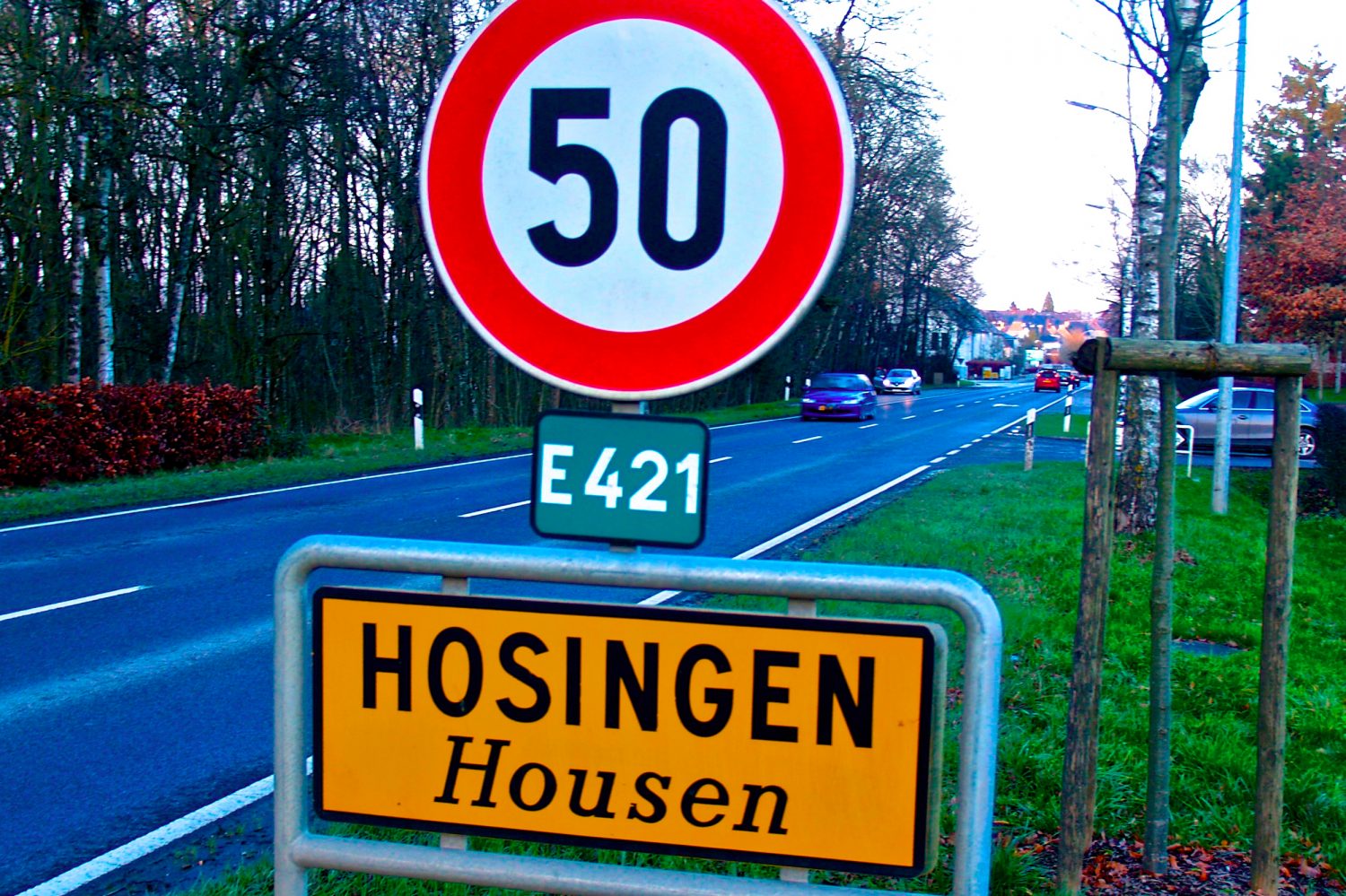„De Bau vum Contournement vun Housen ass am Summer d’lescht Joer an der Chamber gestëmmt ginn.
An deem Kader wollt ech dem Här Minister fir Mobilitéit an ëffentlech Aarbechte folgend Froe stellen:
- Wéi gesäit de geneeën Timing vum Chantier aus? Wéini kéinten d‘Aarbechten ufänken?
- Ass d‘Ausschreiwungsprozedur schonn ugelaf?
- Wat soen déi geologisch Studien iwwer den Zoustand vum Terrain aus, op deem den Tracé realiséiert soll ginn?
- Wat fir eng spezifisch Kompensatiounsmoossname mussen duerchgefouert ginn?“
Answer
Wéi gesäit de geneeën Timing vum Chantier aus? Wéini kéinten d’Aarbechten ufänken? Ass d’Ausschreiwungsprozedur schonn ugelaf?
Zum Timing vum Chantier kann ee soen, dass de Soumissiounsdossier fir dat éischt Lous (Tranchée Couverte, Lot b1) momentan vun der Stroossebauverwaltung finaliséiert gëtt a wann all déi néideg Ëmweltgeneemegunge virleien, kann dann och uschléissend d’Ausschreiwungsprozedur gestart ginn.
Deementspriechend kéint ee fréistens Enn 2022 mam éischten Deel vum Contournement ufänken.
Wat soen déi geologisch Studien iwwer den Zoustand vum Terrain aus, op deem den Tracé realiséiert soll ginn?
Wat de weideren Tracé no der Fäerdegstellung vum éischte Lous ubelaangt, si just plazeweis geologesch Studien am Beräich vun den Ouvragen nach net ofgeschloss. D’Erkenntnesser aus dëse Studie fléissen uschléissend an den Exekutiounsdossier an. Dës Erkenntnesser kënnen dann en Afloss op den Typ an d’Déift vun de Fondatiounen hunn.
Wat fir eng spezifisch Kompensatiounsmossname mussen duerchgefouert ginn?
Wat d’Kompensatiounsmoossname betreffend dem Projet vum Contournement vun Housen ubelaangt, schaffen d’Ministesch fir Ëmwelt, Klima an nohalteg Entwécklung an de Minister fir Mobilitéit an den ëffentlechen Aarbechten enk zesumme fir déi beschte Léisunge fir d’Ëmwelt ze fannen.
Sou sinn zum Beispill direkt beim Contournement Magerwiesen, Bëschstrukturen, Hecken, an esou weider virgesinn.
Zousätzlech gëtt fir d’Villercher, wei den Neuntöter an d’Feldlärche, an der direkter Ëmgéigend een neie Liewensraum geschaaft.
Et ass och geplangt eng Wëldbréck iwwert de Contournement ze bauen, dës steet awer a Relatioun zu de Kompensatiounsmoossnamen am Kader vum Projet vun der Transversale vu Klierf.






